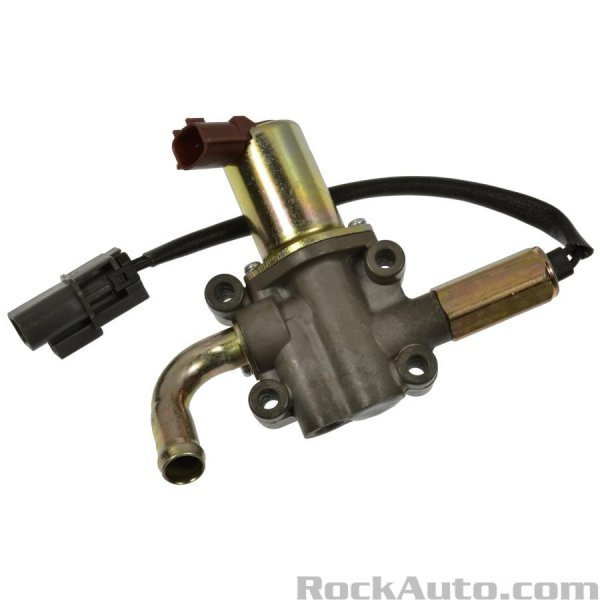Before I begin, let me make it clear that I’m a newbie when it comes to working on cars.
So, my ‘98 Pathfinder has about 210,000 miles on the odometer, and I haven’t had it for very long.
I’ve had an issue with the car stalling every time I come to a stop too hard. The car will shudder when I brake and to prevent it from stalling I have to let off of the brake and ease back onto it (keep in mind this is only when I come to a complete stop). If it stalls, I have to turn the car off and turn it back on again. I’m also having issues with acceleration, it seems to have a rough time switching gears (automatic transmission) and if I need to accelerate quickly, like getting on the freeway, I also have to let off of the gas and reapply pressure to the pedal. Not sure exactly how to explain this but the car jerks as I press down on the gas pedal a second time. It’s usually slow to accelerate, sometimes my acceleration/the stalling isn’t bad and sometimes it’s really bad. This are essentially the only symptoms.
Check engine light comes on and off, I have 2 recurring codes. One is for a bad knock sensor and the other is the my evap canister.
I have several theories and things I have already tried.
I have replaced the fuel filter, done oil changes as normal, used Lucas transmission fix with my transmission fluid as well as Lucas fuel treatment in my tank. The Lucas transmission fix seemed to have helped for a maybe a week before the engine light came back on; not sure if this was just a pseudo effect, if it just happened to be one of those periods where my car runs smoother like i mentioned, or if it actually helped somehow. Regardless, problem is still there.
I have pondered if it’s the fuel pump, needs a transmission fluid change, new transmission filter, new evap canister (although the symptoms I’ve looked up for this don’t match up even remotely, car only has trouble with acceleration and braking), and now I’m wondering if it could be as simple as an air filter. The symptoms of a clogged air filter have matched up the most with my cars issues.
No transmission leak as far as I can tell, fluid level is fine; but I’m not a mechanic.
This car has not been well maintained or serviced as it should have been, I’m sure that most of the things I’ve listed need to be done regardless. The stalling is my immediate concern.
Thanks for reading, if anyone has any ideas please let me know!
